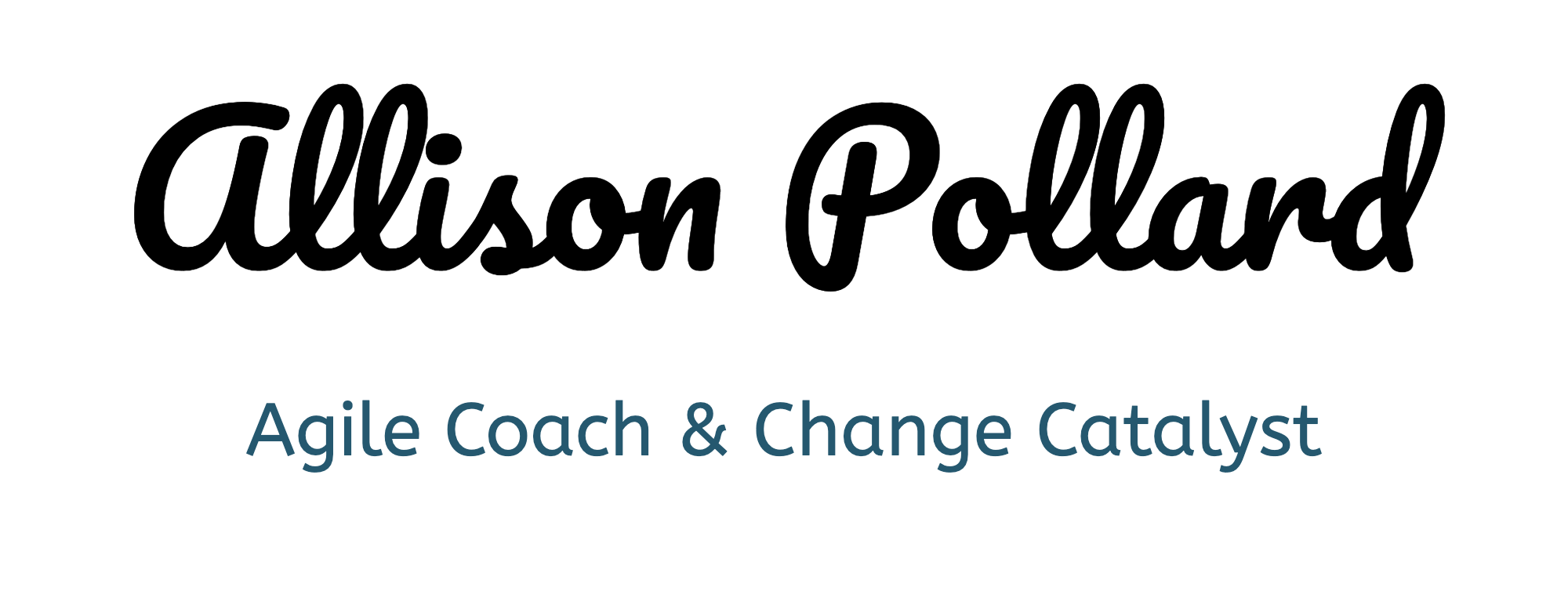Changing Rules to be More Authentic
According to a Harvard Business Review article, “the more love co-workers feel at work, the more engaged they are.” People working in an emotional culture of “companionate love” and connection perform better. The theory makes sense, but showing warmth and affection for coworkers is a relatively new practice for me.
I like my personal space. In fact, I half-joke that I like to maintain a 3-foot radius of open space between me and other people. I’ve noticed that if I become uncomfortable with someone, I will lean away from them to reclaim space. My desire for space reflects my desire to be perceived as a professional. Previously, my understanding of professionalism meant respecting coworkers’ personal space and no physical contact. This was a rule.
Like any rule, this one worked fine for a long time. Occasionally a coworker would try to show appreciation with a pat on the back or other physical gesture, and I held firm to my rule. Most people recognized that I desired my personal space and did not interfere. Things became more complicated when I started working at the same company as one of my mentors—hugs were part of our normal greetings and goodbyes, and this did not fit my rule. So the rule changed: no physical contact with coworkers except for my mentor who I will continue to hug.
And this new rule worked until my mentor introduced me to one of my peers who also works for the same company as us. This peer and I get along quite well, and he greets many people with hugs. Since the three of us would hang out, it became common practice to exchange hugs with both of them as greetings and goodbyes. The rule was modified to become: no physical contact with coworkers unless we work for different clients, excluding my mentor who I will continue to hug. This fits well with my peer’s rule to only hug coworkers who do not work for the same client as him.
My rule evolved to continually work for me, and I maintained my professionalism.
Then I started working at a different client location with more peers from my company. We spent quite a bit of time together, and there were days when one of us could use a hug. I clung to my rule. I walked in late to a workshop one day, and a peer ran up and hugged me. I was shocked. My presence was reassuring to her because the group was so large and difficult to manage, and I felt awkward because I didn’t know how to respond.
And then one day a peer gave his 2-week notice. After all that we had gone through at work and the amount of time we spent together at lunches, happy hours, and user group meetings, we never hugged until his last day of work. Professionalism hurt.
So my rule is now no physical contact with coworkers at a client site unless it’s my mentor who I will continue to hug. One peer tried to break this rule a few months ago, and it took me by surprise. Aside from that one instance, this new rule seems to be working. My changed rule about physical contact has freed me—I can be a professional and express emotions. It’s still a work-in-progress, but I feel more authentic and connected.

